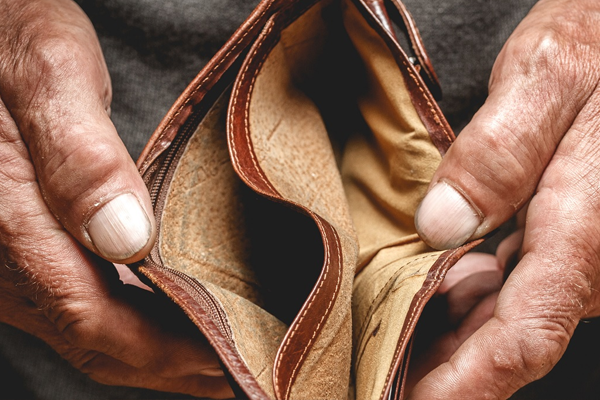I remember several times when daddy was flat broke. He kept me out of school to parade me before the owner of his favorite liquor store to ask for money to take me to the doctor. With money in hand, he would drive down the street to his second favorite liquor store to buy enough vodka to get him through the day. I was not taken to the doctor. It was years before I realized how wrong this was. He was my daddy; it would never have occurred to me to question his judgment. I couldn’t have been more than 8.
I know a young man whose adolescence was spent assisting his father in procuring and distributing crack cocaine. Today he is a college student studying history. His dad is still addicted. Somehow along the line he began to question his dad’s example.
We talk a lot about bonding and attachment and the brain consequences of living in a state of fear. But what about a well-loved infant who grows up to find themselves in the care of a very trusted, but very disturbed person? Early brain development went well so everything works well but still something isn’t right.
As young children we look to our parents to understand the world around us; once trust is established it is there for a long time, maybe even forever. Some parents work hard to live up to this trust and are dedicated to doing their best to prepare their child for adulthood. Some of us focus on various aspects of life for this preparation; for some financial security is of primary importance but for others artistic expression in music or drawing is considered key; for still others rigid adherence to religious practices is presented as the true path. Every day in the best of families, accountability and responsibility are taught more or less successfully in many ways. The language of this in healthy families is “Almost, try again!”, “Ready to start over?”, “Today is a new day!” and, my personal favorite, “Are you ready to be friends again?” We tell ourselves we are teaching morality, pro-social behavior or manners, etc. but what we are really doing is establishing ourselves as the authority on what it takes to be a successful human being.
But for some parents in the throes of addiction or mental illness the authority is well-established but the commitment is lacking or distorted. When early care went well before the appearance of the addiction or mental illness, the child is now trusting a person who no longer has their best interest at heart. In these circumstances, the child is not likely to question the wisdom of the parent’s behavior but to attempt to obey, emulate or otherwise conform to expectations, however unreasonable or outright destructive. Of course, the child feels the blame whenever there is any inability to deliver on healthy or unhealthy expectations. In both the healthy and the unhealthy family, the child knows that accountability is a one way street. If there is a problem, it must lie in the child. No wonder kids’ first thought is to blame themselves for their parents’ divorce.
Only when we are freed of the shame and guilt associated with a trusted parent’s misguided behavior can our eyes be opened to another way of living. Will that freedom come from a book, a teacher, a foster parent or therapist? How can you help a child see their life story differently so that the world opens up before them? How hard will it be to hold both love for a parent and two way accountability in one’s heart?
Another book for you: Educated by Tara Westover. This is a remarkable autobiography that demonstrates exactly these concepts.


Recent Comments